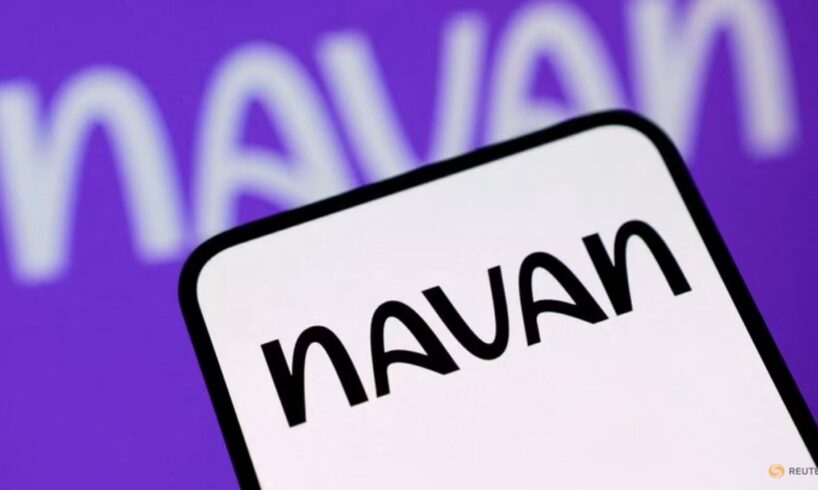
Navan is set to make its Nasdaq debut later on Thursday, after the travel technology company raised $923 million in its listing and successfully navigated a U.S. government shutdown to go public.
Momentum in the U.S. IPO market, which had picked up pace in the second half of the year after a years-long lull, stalled at the start of October when the U.S. markets regulator furloughed staff and paused the review of filings.
The Securities and Exchange Commission later eased restrictions, allowing companies to proceed with listings during the shutdown, prompting firms such as Navan to capitalize on a record run in the equity markets and a renewal in investor risk appetite.
“The IPO market has been a bit wobbly over the past month or so; we’ve definitely lost some momentum since the start of the quarter,” said Matt Kennedy, senior strategist at Renaissance Capital, a provider of IPO-focused research and ETFs.
“Some of that is due to the shutdown, global trade tensions, and the hotter AI IPOs cooling off. Still, recent IPOs have mostly held up.”
Navan and some of its existing investors together sold 36.92 million shares after pricing the offering at $25 each, the midpoint of its marketed range of $24 to $26 per share.
The IPO values Navan at roughly $6.7 billion on a fully diluted basis, according to Reuters calculations.
That is below the $9.2 billion valuation it reached in a late-stage funding round in 2022.
AI-FOCUSED BUSINESS TRAVEL
Navan describes itself as an “all-in-one platform” for business travel with artificial intelligence at its core. It provides a range of services to help businesses streamline travel and expense management, while enforcing company policies.
“We see ourselves as an AI-first company,” CEO Ariel Cohen told Reuters in an interview. He said the company’s success comes from telling customers that using AI can help them save about 15 per cent of their total budget.
Wall Street’s latest AI frenzy has the hallmarks of a modern-day gold rush.
From chipmakers and cloud giants to startups and software firms, companies across the financial and technology spectrum are aiming to position themselves at the center of the AI boom.
“We’re not just a company that talks about using AI. We actually demonstrate our use of AI in our numbers,” CFO Amy Butte said, adding that Navan has successfully used the technology to expand its margins.
Analysts say companies that can harness the current AI fixation will have the best shot at success in the IPO market, particularly among high-growth technology firms eager to capture investor enthusiasm.
“For Navan to be a true credible AI story, it needs to demonstrate some unique and hard-to-replicate value,” Kat Liu, vice-president at IPOX said.
INDUSTRY LANDSCAPE
Travel demand is expected to continue rising as companies resume travel plans and consumers keep prioritizing experiences over goods, underscoring the resilience of both corporate and leisure spending.
Still, the corporate travel management industry is intensely competitive, with several players vying to win large enterprise clients through lower fees, broader global networks and integrated technology platforms.
Navan’s customers include fashion retailer Primark, e-commerce platform Shopify, videoconferencing platform Zoom and furniture retailer Wayfair, Navan’s website shows. The platform is also used by Thomson Reuters, parent of Reuters News.
“I think the narrative of a unified business travel, booking, payments, expense management and analytics platform is compelling, given the need to modernize outdated legacy systems,” Liu said.
Navan’s prominent backers include Silicon Valley venture capital giants Andreessen Horowitz, Lightspeed Venture Partners, and Zeev Ventures.





